- principal@bitwardha.ac.in
- 07152-295473 Fax:230506
- DTE CODE: 4649
The department is equipped with the latest configured computer systems in six different laboratories. Apart from these labs, centralized computational facilities are also available. There are smart classrooms for effective teaching-learning. Specialized hardware and software packages are procured. Besides software development and networking, Internet of Things (IoT), Augmented Reality (AR), Artificial Intelligence(AI) and Machine Learning(ML) laboratories are also available in the department. Latest softwares such AWS Educate Licence for Cloud Computing and CISCO Network Lab are procured for students' training and projects.
| Sr. No. | Title | In-take |
|---|---|---|
| 1 | B. Tech. Computer Engineering | 120 |
A graduate in the discipline of Computer Engineering is generally expected to have three kinds of knowledge:
| Outcome Identifier | Outcomes |
|---|---|
| PO 1 | The graduates will possess the knowledge of various discrete mathematical structures, Logic and numerical techniques. |
| PO 2 | The graduates will have an ability to apply mathematical formalism of Finite Automata and Probability in modeling and analysis of systems. |
| PO 3 | The graduates will have knowledge of core programming paradigms such as database orientation, object orientation, and agent orientation and concepts essential to implement software based system. |
| PO 4 | The graduates will have an ability to analyze problem, specify algorithmic solutions to them and to evaluate alternative solutions. |
| PO 5 | The graduate will have broad understanding of the impact of a computer based solutions in economic, environmental and social context and will demonstrate use of analytical tools in gathering requirements and distilling relevant information to provide computer based solutions. |
| PO 6 | The graduates will demonstrate the ability to build human centric interfaces to computers. |
| PO 7 | The graduates will posses the knowledge of advanced and emerging topics in the fields of operating systems, databases and computer networks. |
| PO 8 | The graduates will posses skills necessary to communicate design engineering ideas. The skills set include verbal, written and listening skills. |
| PO 9 | The graduates will understand ethical issues in providing computer based solutions also they will have an ability and attitude to address the ethical issues. |
| PO 10 | The graduates will understand the role of system software such as operating systems, database management systems, compilers, middle-ware and internet protocols in realizing distributed information environment |
| Objective Identifier | Objectives |
|---|---|
| PEO 1 | To provide knowledge of sound mathematical principles underlying various programming concepts. |
| PEO 2 | To develop an ability to understand complex issues in the analysis, design, implementation and operation of information systems. |
| PEO 3 | To provide knowledge of mechanisms for building large-scale computer-based systems. |
| PEO 4 | To develop an ability to provide computer-based solutions to the problems from other disciplines of science and engineering |
| PEO 5 | To impart skills necessary for adapting rapid changes taking place in the field of information and communication technologies. |
| PEO 6 | To provide knowledge of ethical issues arising due to deployment of information and communication technologies in the society on large scale. |
| Specific Outcome Identifier | Specific Outcomese |
|---|---|
| PSO 1 | Demonstrate ability to function effectively in multi-disciplinary teams in the design, development, deployment and production of computing systems, make them proficient in the design of hardware-and software-based systems. |
| PSO 2 | Develop the IT competencies using knowledge, skills and disposition to prepare students as globally competent professionals. |
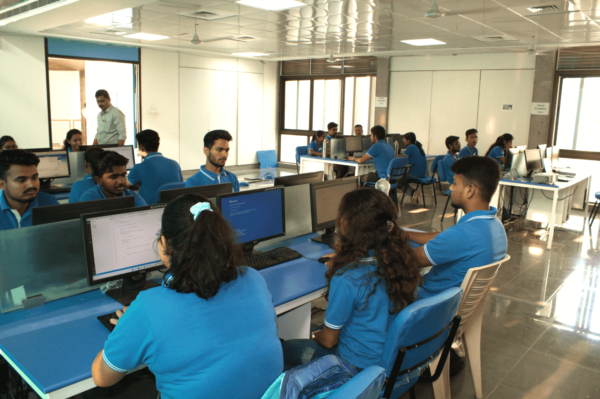
Students coding for Inheritance in the Lab.
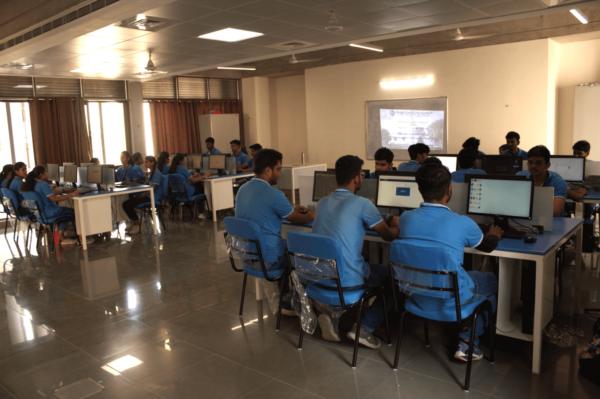
Students executing code for stack using C.
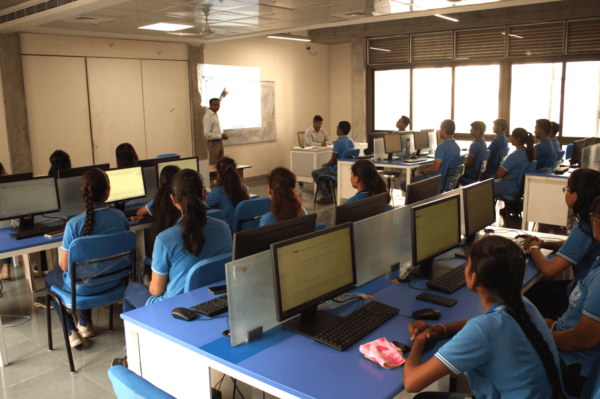
Students learning to execute select query
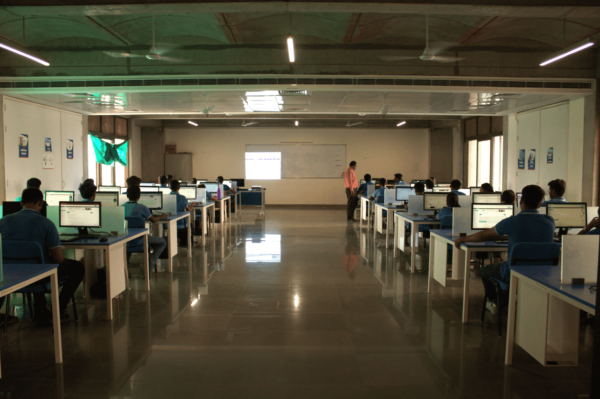
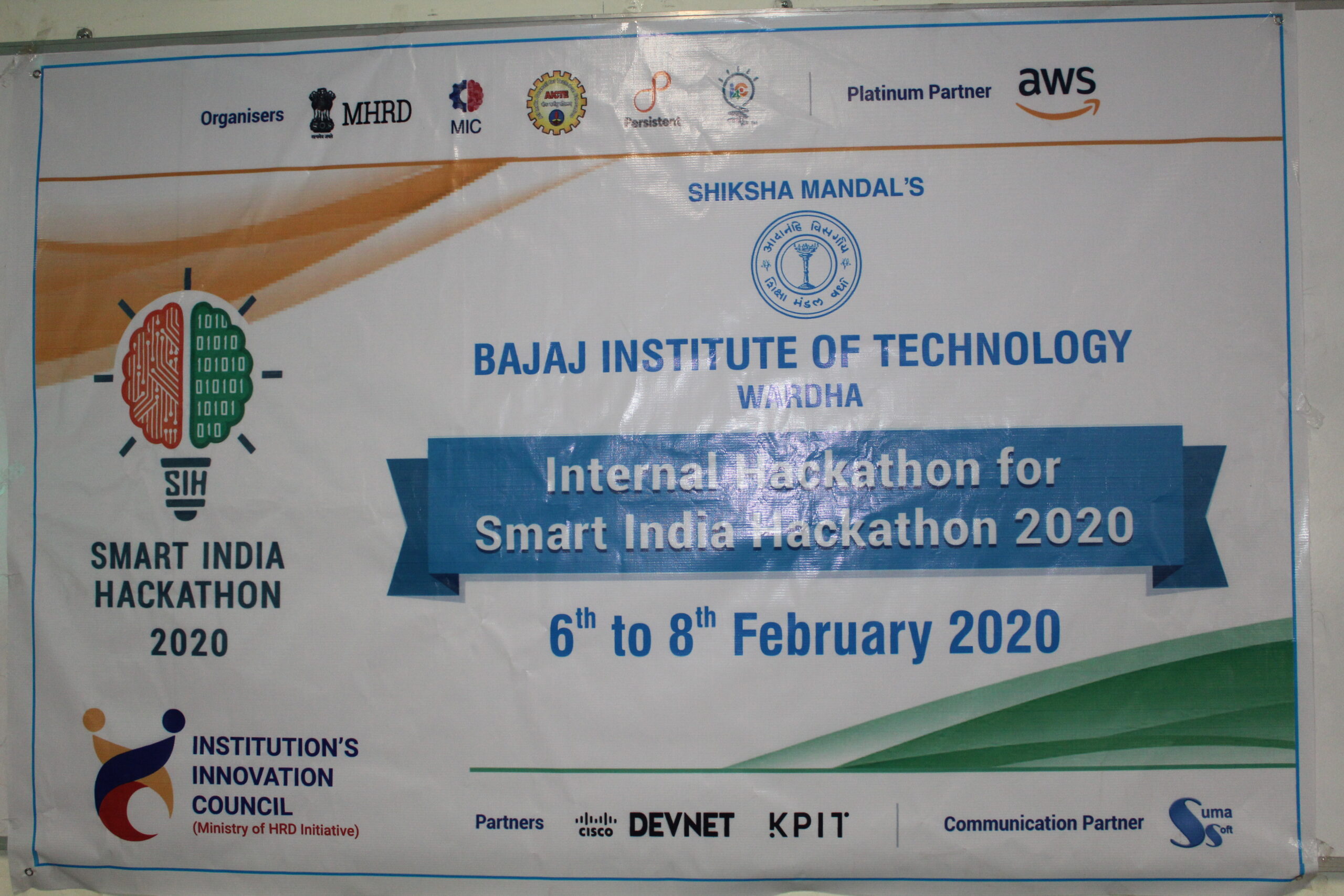 |
 |
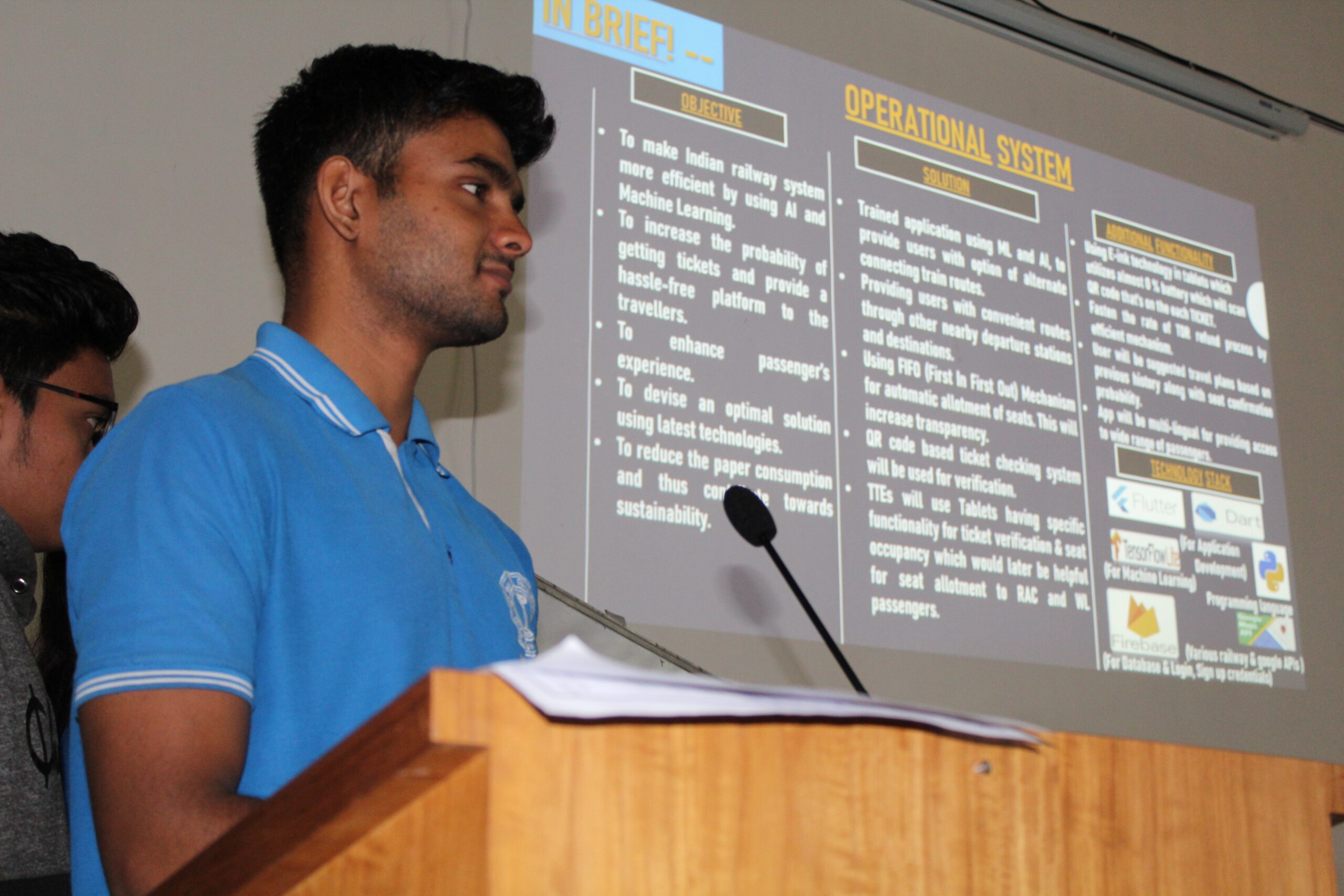 |
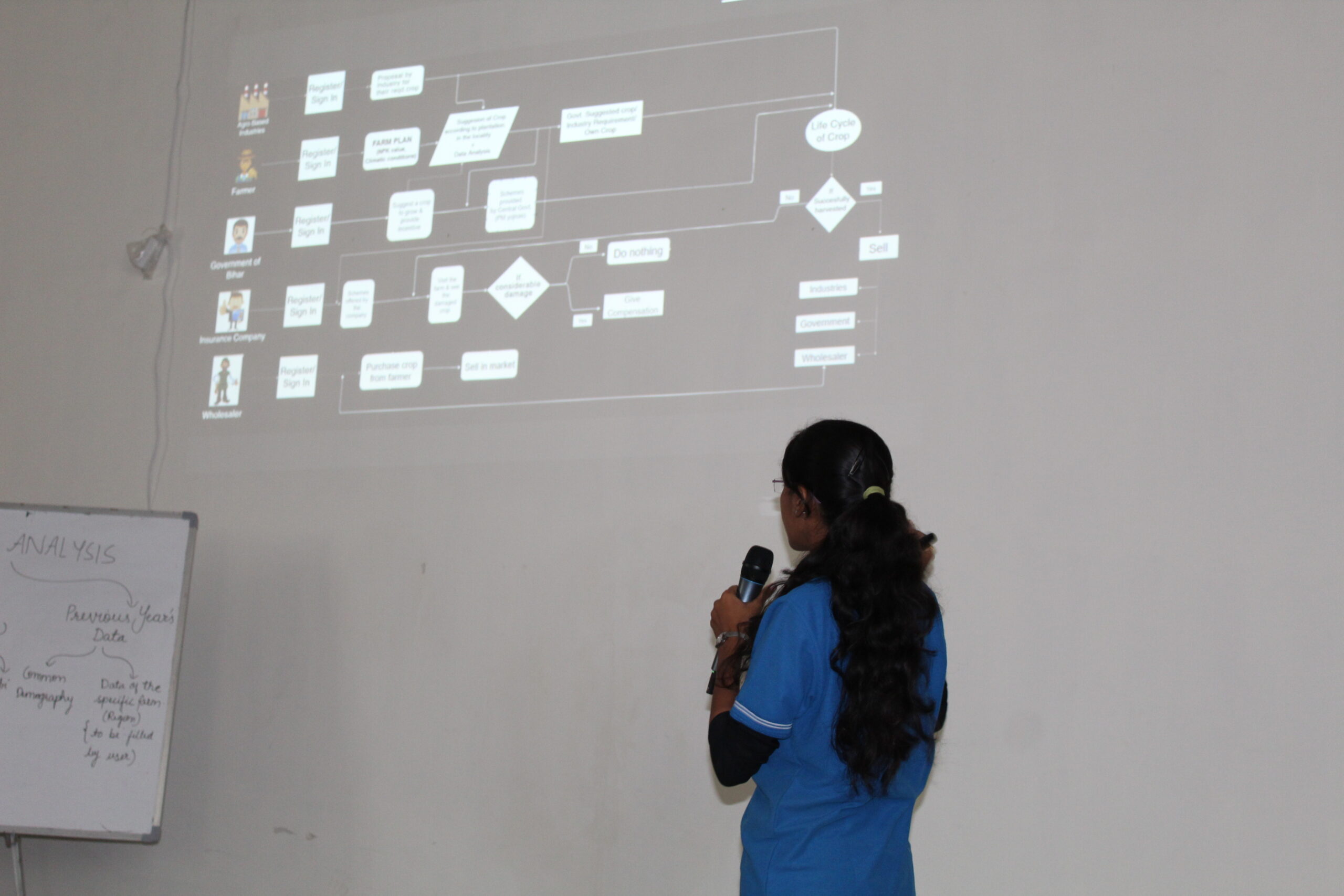 |
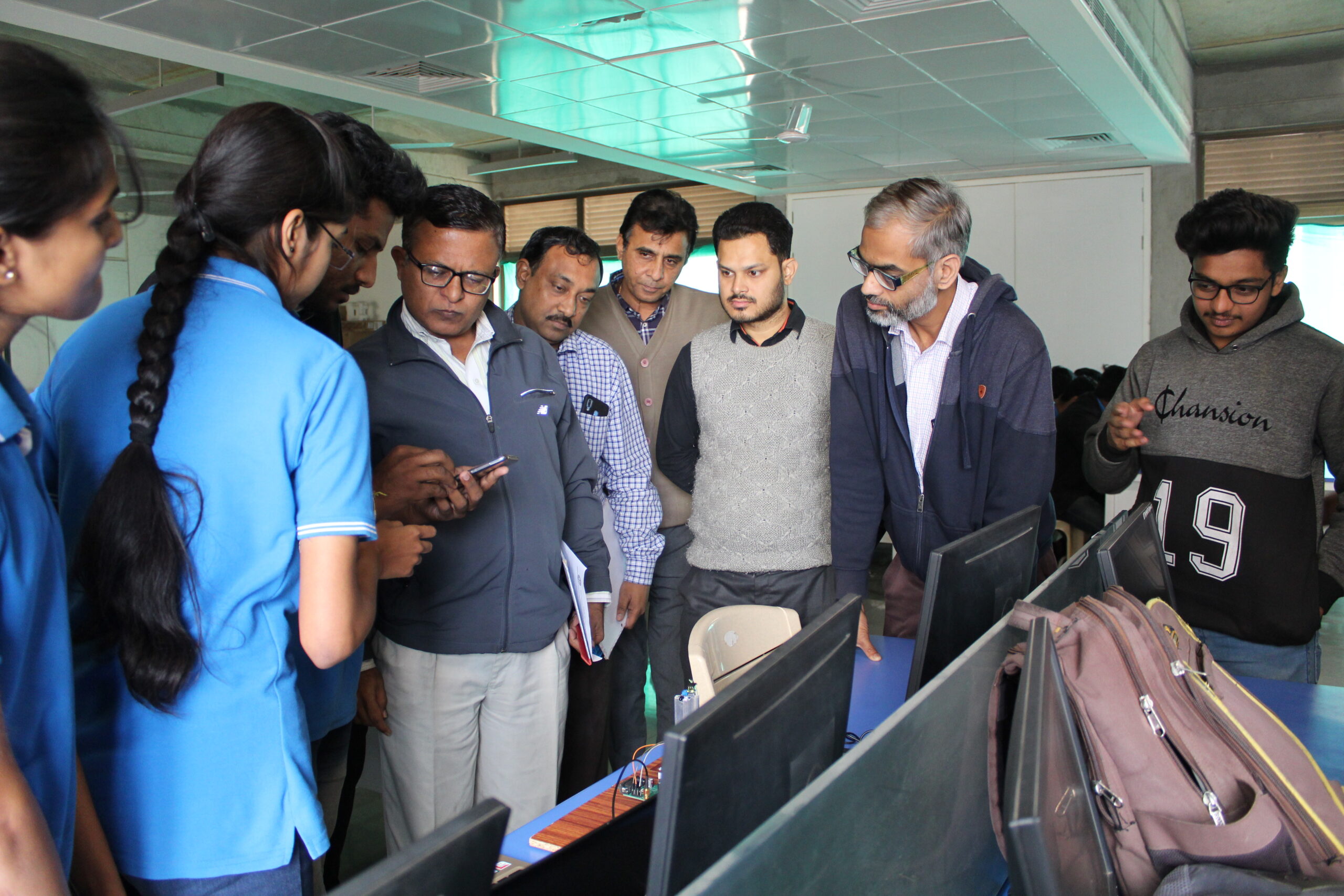 |
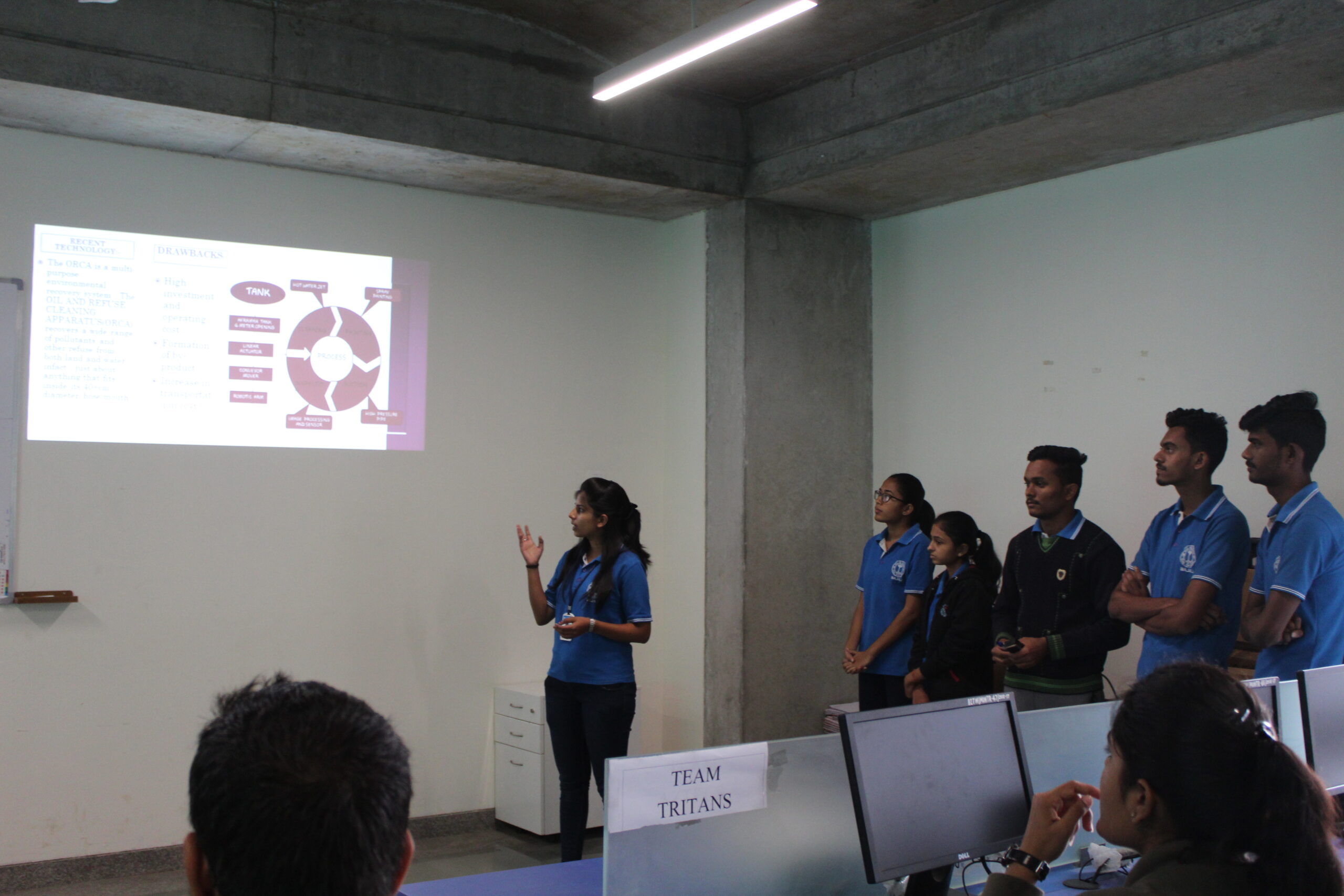 |
To stimulate the creativity of participants, foster problem-solving skills and for preparation of National Smart India Hackathon, the Department organizes an Internal Hackathon.
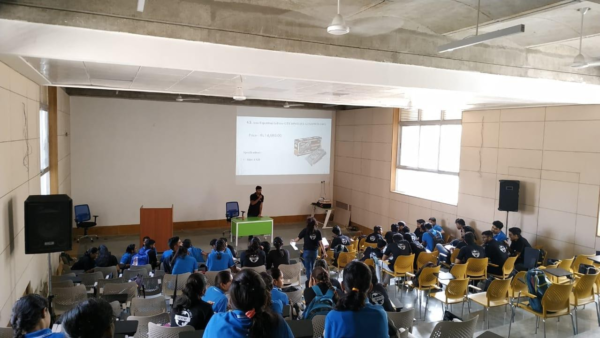 |
An expert session, organised on Cyber Security.
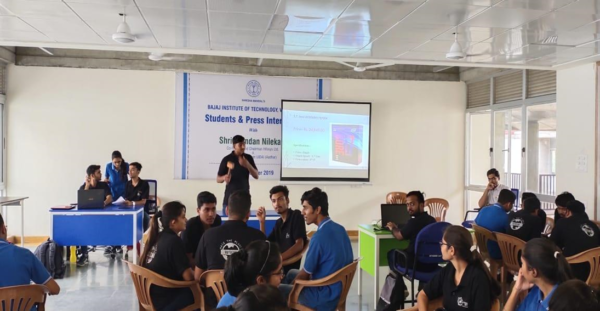 |
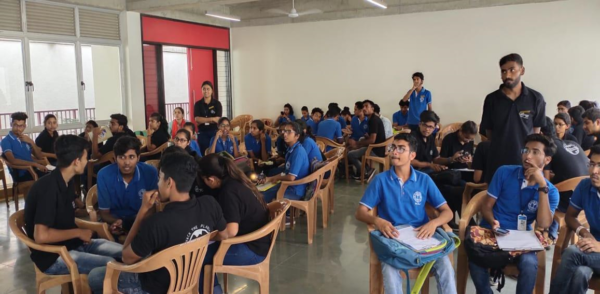 |
PC Build Auctions: A strategy simulation game where you bit and build your own PC for your requirements.
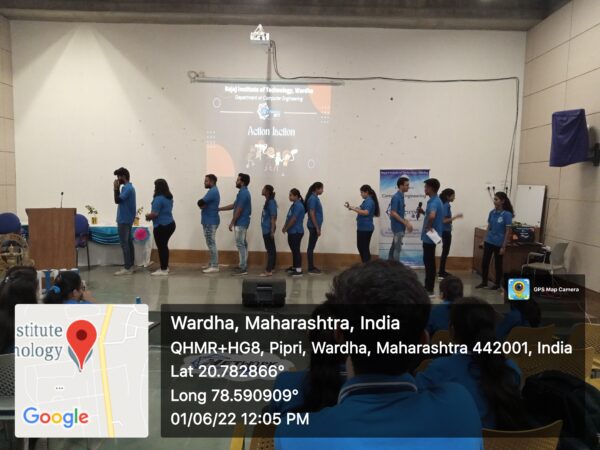 |
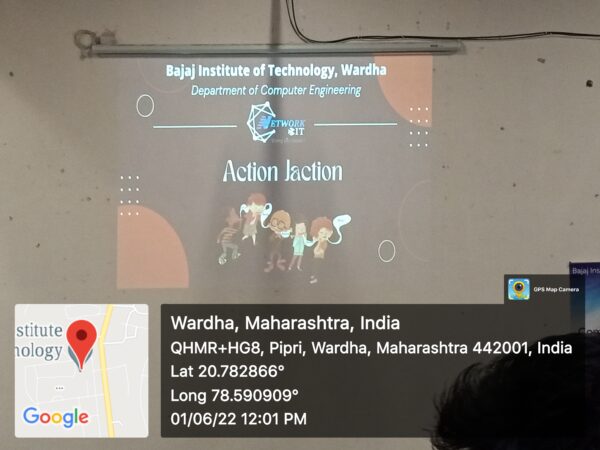 |
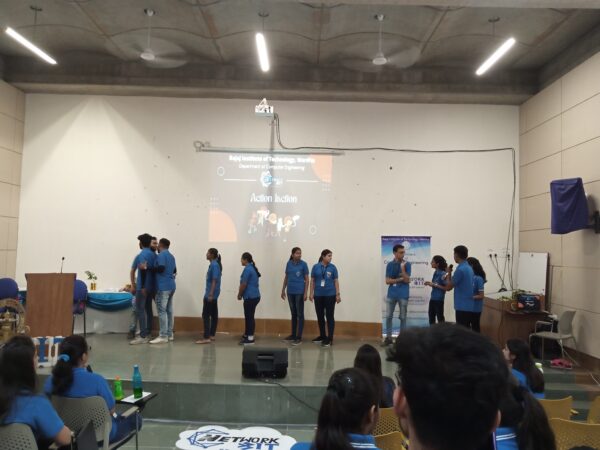 |
|
Communications Management session : Action Jackson
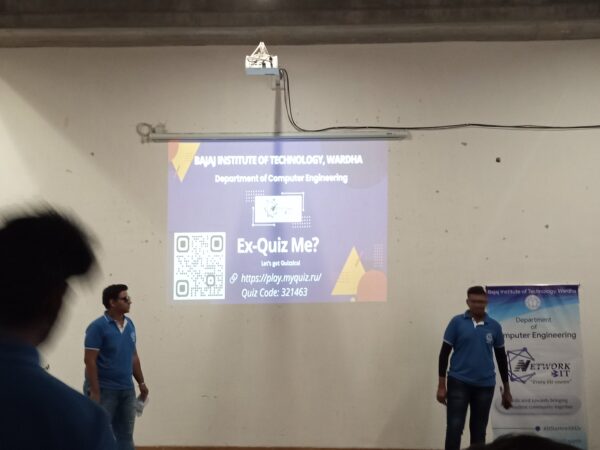 |
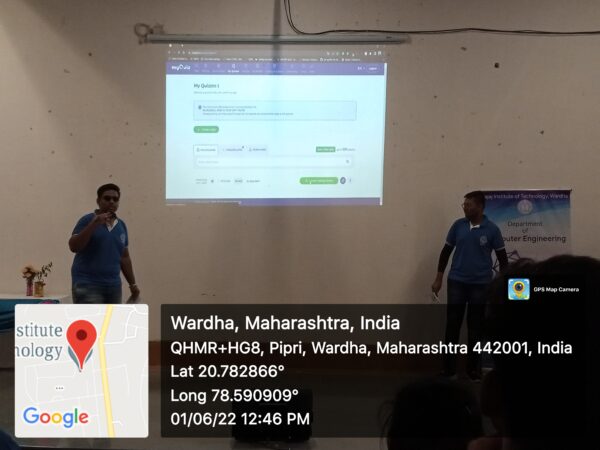 |
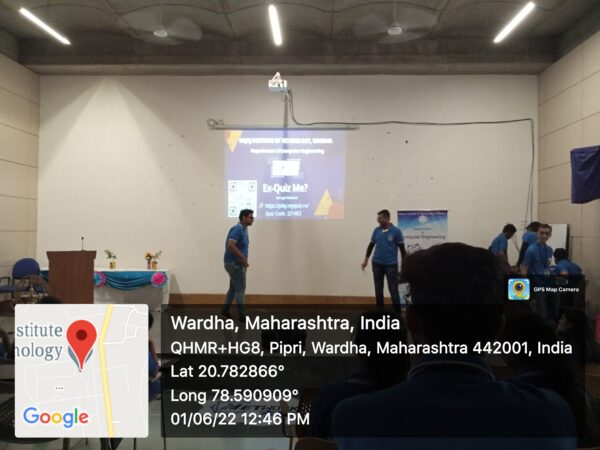 |
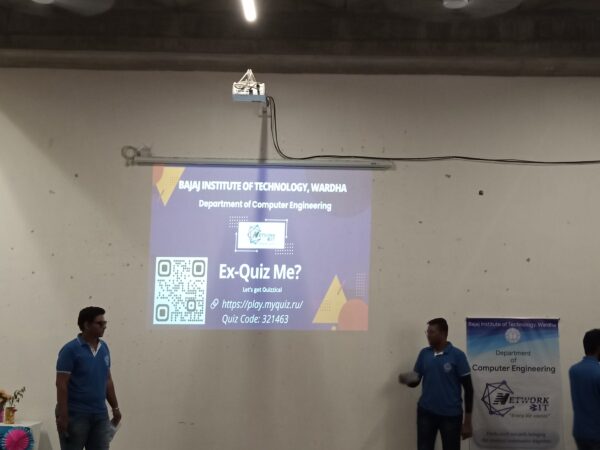 |
Ex-Quizz Me: A fun based Technical Quiz event
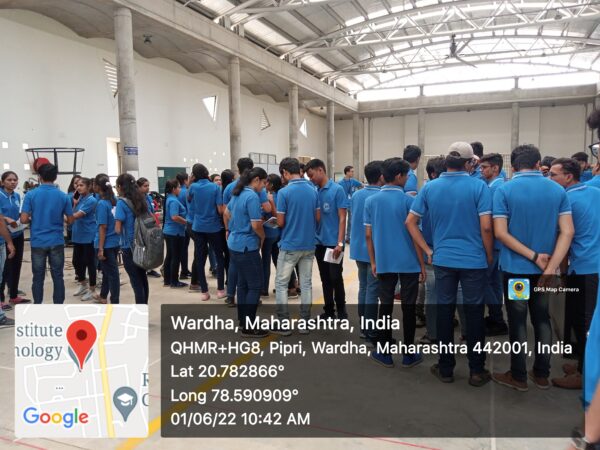 |
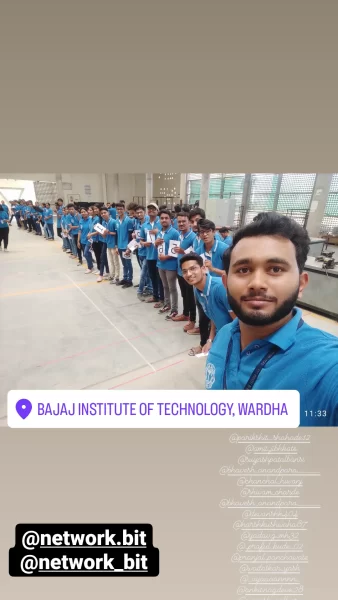
|
A Numbers Game: Management game for team building
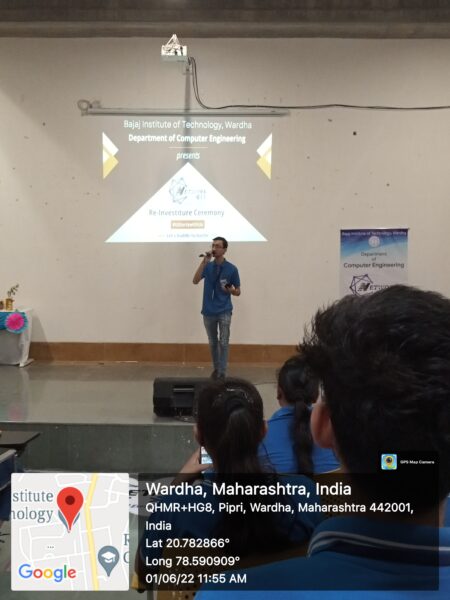 |
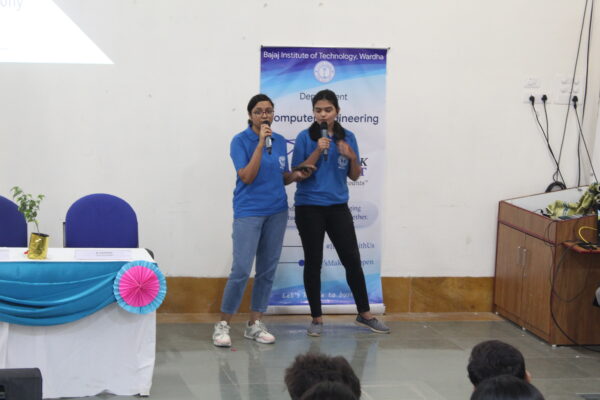
|
Singing Event
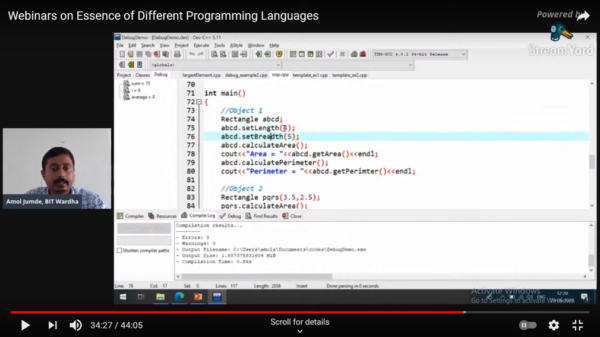 |
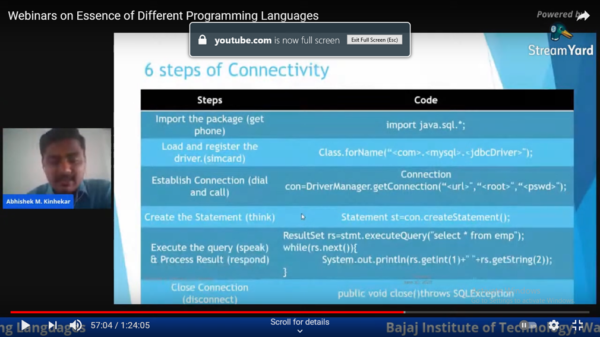 |
Webinars on The essence of different programming languages
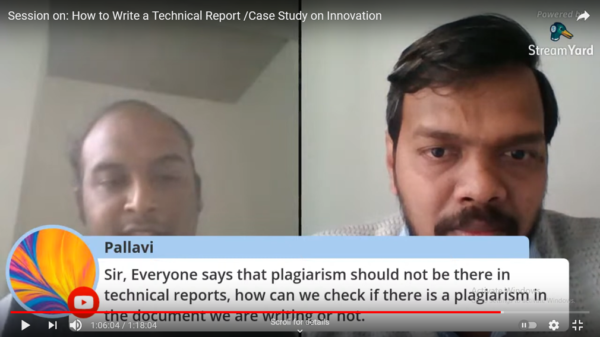 |
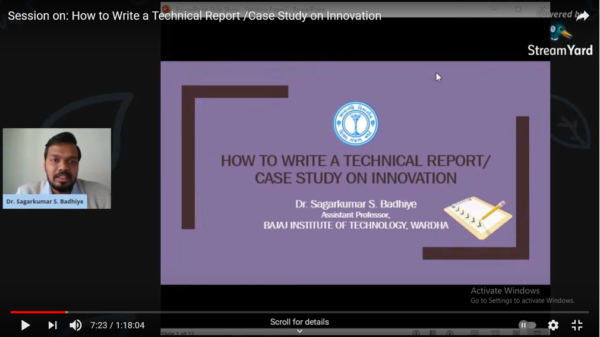 |
Case Study on Innovation














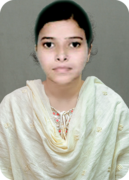
GDSC BITW, affiliated with Google Developer Student Clubs, is a dynamic community of aspiring developers and tech enthusiasts at Bajaj Institute of Technology, offering a platform for students to explore, learn, and innovate in the world of technology. Our mission is to empower students with the knowledge and resources to build meaningful projects, develop skills in cutting-edge technologies, and create a positive impact in our local and global communities. Join us in this exciting journey of innovation, collaboration, and growth!
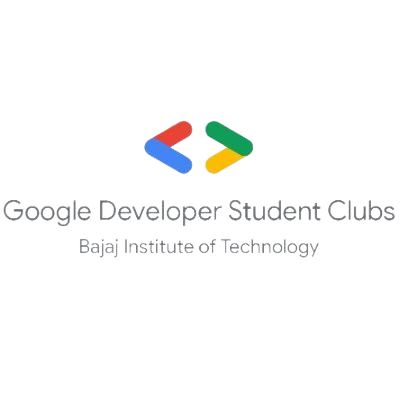
| Sr. No. | Name of Student | Role/Responsibilities |
|---|---|---|
| 1 | Aditya Dhage | GDSC Lead |
| 2 | Ritesh Upate | Video editing Lead |
| 3 | Anushka Tiwari | Content Lead |
| 4 | Ninad Lunge | Technical Lead |
| 5 | Shravani Wagh | Graphics Design Lead |
| 6 | Pranav Pathekar | Technical Co-Lead |
| 7 | Inshal Sheikh | Management Lead |
| 8 | Siddhesh Purohit | Photography Lead |
| 9 | Chanchal Hiwanj | CyberSecurity and Networking Mentor |
| 10 | Suyash Patalbansi | Web Development Mentor |
| 11 | Bhavesh Anandpara | AI/ML Mentor |
| 12 | Vishnu Mate | App Development Mentor |